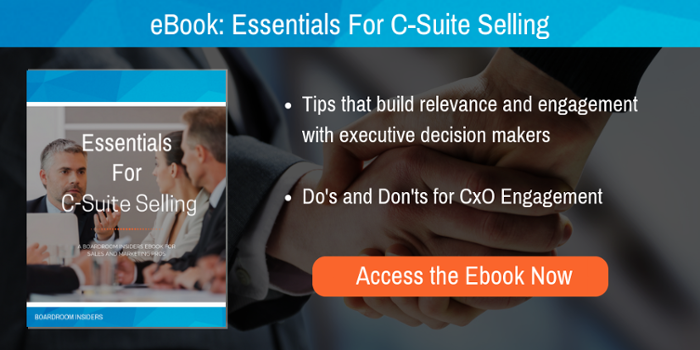
When we hear the term “customer service,” B2C scenarios tend to come to mind. For most of us, this might involve an online chat session with a bank, a call into airline reservations or troubleshooting a problem with your mobile carrier.
For those of us who operate in a B2B world, customer service has taken on a different meaning and looks to a broader outcome. It’s not just about reacting to requests from our customers; it’s about proactively assuring our customers’ success—a process that starts before you even make the sale.
A Shift in the Market
The market reflects this shift. Just do a LinkedIn search and you’ll find a proliferation of “Customer Success” titles.
How did this come to pass? You can thank the advent of SaaS, where customer adoption and ongoing satisfaction is critical because the business depends on renewals. If your customer doesn’t engage with your product—because they don’t see it as helping them to be more successful—they won’t renew. And you’ve lost a customer.
While SaaS may have sparked this awakening, the customer success mindset has spread like wildfire throughout the greater B2B world, which is a very good thing. Vendors of all stripes are now working to define what success looks like for their customers and how they can help them be successful throughout the course of the relationship.
What Does Success Look Like For Your Customer?
The challenge is knowing what success looks like for your customers—because there may not always be a “one size fits all” answer.
This is especially important if you’re selling big-ticket deals to large enterprise customers. Think about your largest enterprise customers. Do you have a clear grasp of their business strategy, challenges and initiatives? And can you clearly articulate how your solution is helping to address them—thus making your customer more successful?
Prepping For the First Meeting
You should understand—and be able to articulate--how what you’re selling aligns with what the customer needs—and ideally, you should have a good grasp of this before your first meeting with the customer.
This may seem obvious, but clearly, it’s not a universal approach. According to IDC, nearly 57 percent of B2B prospects and customers feel that vendor sales teams are not prepared for the first meeting. For those customers, vendors are already demonstrating a clear fail in customer service—and they haven’t even nailed the sale yet.
But turn this around. Imagine you’re a potential customer being wooed by a well- prepared, highly informed vendor. They’ve taken the time to conduct thorough research on your organization—and you. As the executive engaged in making the decision, you’re on the receiving end of a thoughtful, comprehensive presentation that addresses all of the issues you’ve been concerned about, that speaks to what your competition is doing, and even takes into account the coming year’s plans that your CEO outlined in a recent earnings call with analysts.
You’d want to do business with that vendor because they understand how your company defines success and they have told you how they can help you get there. They’ve delivered a great customer experience before you’ve even given them the business.

If you’re on the vendor side of this B2B equation, you want to prove to potential and existing customers that you have their back. Understanding and articulating their goals—and then connecting them to your offering—is the ultimate in pre-sale customer service. Who could resist that?







Share Your Thoughts